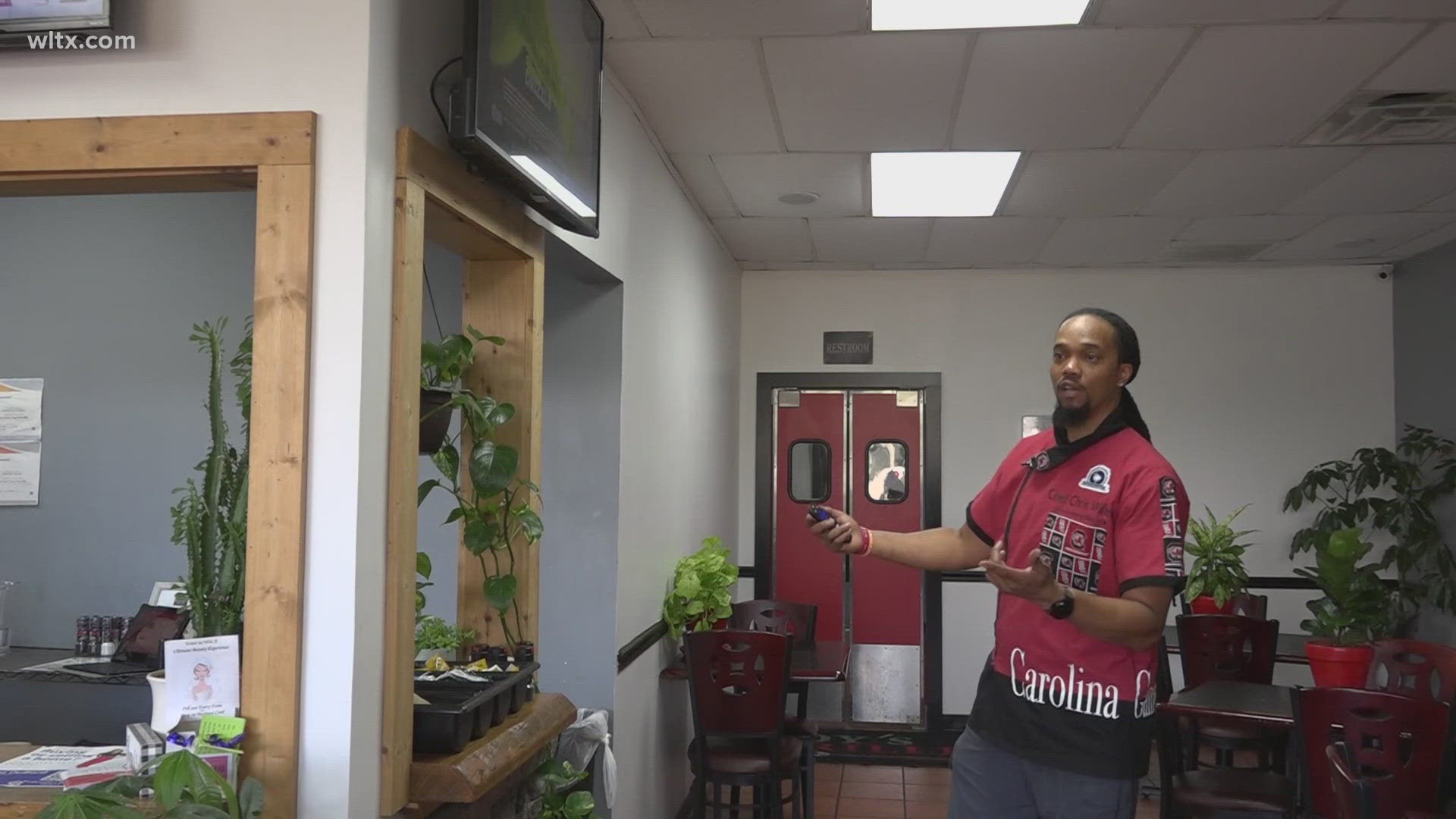COLUMBIA, S.C. — Five South Carolina farmers specializing in growing cut flowers have formed a new agricultural cooperative to work together to market their flowers wholesale to the floral industry.
Founding members of South Carolina Flowers cooperative are:
- Clear Spring Gardens, in Gilbert, owner Lisa Rudick
- Farmer Blue, in Seabrook, owner David Blue
- Fraylick Farm, in Travelers Rest, owner Melissa Smith
- PearlGirl Flower Farm, in Seneca, owner Julie Rainey
- Purple Tuteur Farm, in Blythewood, owner Linda Bradley
The five farmers already sell to florists throughout the state but believe that by working together, they can leverage their experience, locations, and supply to serve more wholesale customers. And, with co-op members in the Upstate, Midlands and Lowcountry, the cut flower growing season can be year round.
Melissa Smith specializes in dahlias on Fraylick Farm and says, “One area might have a crop for four weeks, but if you look across the state, you can take that four weeks and turn it into three months. If your customers know that crop is going to be there for a long time, that’s so important, because then they can plan for it. If customers know they can count on a crop, they’re likelier to buy it locally versus ordering it in from a national wholesaler.”
The South Carolina Center for Cooperative and Enterprise Development (SCCCED) -- a collaboration between South Carolina Department of Agriculture, Clemson University Cooperative Extension, South Carolina State Small Business Development Center, and Matson Consulting -- helped in the formation of the flower co-op and is funded through USDA Rural Development's Rural Cooperative Development Grant.
SCCCED Director Steve Richards said, although the state's cut flower industry is booming, it was a conscious choice by the co-op's eventual founders to limit the membership to experienced commercial growers in order to achieve specific goals in the short term.
“Just like with produce, you have to meet certain standards to sell to florists—flower quality, how long the stem is, all sorts of things,” Richards explains. “It was too big a lift to try to train newcomers on those unwritten industry standards.”
Currently, the group is starting with coordinating distribution, picking up from each other's farms as part of delivery runs. Other goals include:
- create a wholesale readiness training guide for newer cut flower growers so they can join the co-op
- buy a truck and hire a driver through a Specialty Crop Block Grant
- create distribution hubs with cold storage in the state's three metropolitan areas (Greenville, Columbia and Charleston)
“The goal would be for the farmers to focus on growing, and then for the co-op to be facilitator of moving and distributing those flowers,” Smith says. “That way farmers can do what they do best.”
“A whole new world of possibilities suddenly opened up,” she says.



